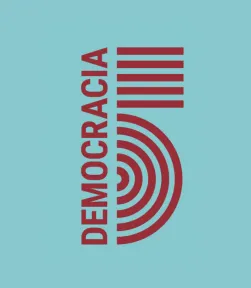In the 1970s, Portugal was a country where families had a lot of children and there was a strict hierarchical structure – husbands over wives, parents over children. Nowadays, families are smaller, more diverse and also more egalitarian. What has changed in 50 years?
Scientific advances made it possible to better control fertility and the use of contraceptives became widespread, particularly the birth control pill. Family planning consultations were also introduced, giving rise to a social and cultural change where women became more independent.
2015 also saw a turning point. It was from then on that the number of babies born to unmarried people exceeded the number of births to married couples. This is the result of more widespread de facto unions and a society less influenced by the doctrine of the Catholic Church. There is also an increase in the number of divorces and, at the same time, an increase in single-parent, blended and homoparental families.
In the area of freedoms and guarantees, marriage between same-sex couples was recognised in 2010. Since then, they have been winning new rights, including the right to adopt. Taken all together, Portugal is now very different in the make-up of its household from what it was 50 years ago. Why has it changed so much?
10

Portugal has changed drastically over the last 50 years. Almost five decades on, what profound changes have taken place in the country? And what lessons should we learn to improve the future?
The Foundation has an extensive program to reflect on what has changed and what measures still need to be implemented to improve national democracy.
The programme begins at the Carmo Barracks where the regime fell – with the event "Five decades of democracy, what has changed?" – and extends to more debates, a series of eight mini-documentaries, documentaries, publications and studies, which will allow us to think about and build the collective future.















